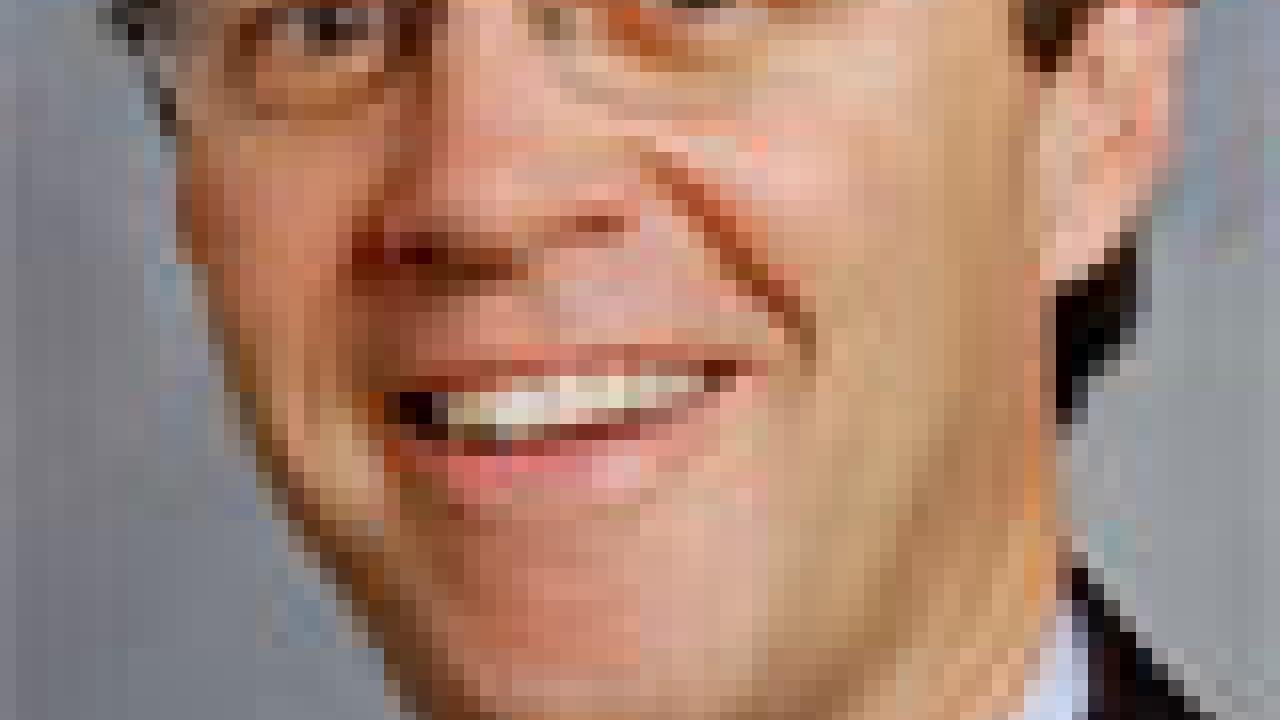Gov. Arnold Schwarzenegger's May budget revision, released earlier this month, maintains his support for the administration's higher education compact that he signed last year with the University of California and California State University. The revision preserves the governor's original January spending plan for the 2005-06 year that begins July 1.
That spending plan includes a modest increase in state support for UC for student enrollment growth and the UC Student Aid Program (at UC Davis, that enrollment increase translates to $2.3 million for 250 student FTEs, and a $4.6 million boost in student aid); faculty and staff salary increases (see below); and the fall opening of the 10th UC campus at Merced.
John Meyer, UC Davis' vice chancellor for resource management, recently sat down with Dateline to discuss the implications of the governor's May revision:
Q: How does the UC budget look today, following Gov. Schwarzenegger's recent May revision, compared with how it looked in January when the governor first proposed his budget?
A: There are some significant changes for the overall state budget with more revenue than they expected, but in terms of the UC budget it's fairly close to what the governor introduced in January.
Probably the most positive change is there is $750,000 in funding for the Math and Science Initiative resource centers. (The money would help support UC's development of a teacher education program that would focus on K-12 science and mathematics teachers.) It's something that UC pledged to work with the governor on, a high priority of his, and it seems to have some positive results. The academic programs are very interested in and excited about that initiative. Our campus will certainly have a role in it.
One disappointment is that there is no funding in the May revision from the governor for academic preparation, formerly known as outreach. (The governor's January budget eliminated $17 million in state support that was provided to UC at the end of the 2004-05 budget process as one-time funding.) I think the common understanding is that there will likely be some response from the Legislature, and they may want to put money in. I would suspect that the governor wouldn't fight that, but the governor did not want to [fund] that initiative. We expect that discussion of this initiative will come back in the Legislature. So that's still a work in progress — and is always frustrating for those who work on that important program.
Another thing that's happened that is surprising is that our UC capital (construction) budget has been approved by both sides of the Legislature — both the Assembly and the Senate — already, which is unprecedented. So, without comment, it's been approved. That's a big deal.
Q: Specifically, what does that mean for UC Davis if the capital budget is ultimately approved?
A: The biggest project in there is our physical sciences expansion project – a new home for physics and geology, which will begin not long from now. So, it's great news that that's approved. (The UC Regents recently approved the design for the $46 million project; construction is expected to begin next year.)
But other than all that, no radical (budget) changes for the university.
Q: Any other good news or bad news?
A: The other good news, I would argue, is that unlike previous years, there aren't further budget reductions. For the last many years, that's been our experience in May. From many corners, there was criticism of the compact that was entered into last year (by the governor, UC and the California State University system). I would suggest that UC Vice President (Lawrence) Hershman's leadership on that has proven wise. Other agencies are taking some further budget reductions, and UC — while not where we would like to be — is on the rebound for sure.
Q: Looking ahead, are there other areas — other than academic preparation — where you can expect lawmakers to be looking at ways to fine-tune the UC budget?
A: I don't think so. I don't expect other significant changes. Some of the salary money has held, too, so that was obviously important to all of us, especially when you try to get these salaries more closely aligned with the marketplace. That's very important.
Q: Is there any more definitive information regarding the faculty and staff compensation proposed for the coming fiscal year? (The governor's January budget included a 3 percent increase in UC's base budget for faculty and staff compensation. As proposed, the funding would support a 1.5 percent general salary increase for all eligible employees, funding for faculty and other academic merit programs, and 1.5 percent for merit-based increases for eligible staff employees.)
A: No. The actual breakdown of that 3 percent increase is still being deliberated by staff in the UC Office of the President.
Media Resources
Mitchel Benson, (530) 752-9844, mdbenson@ucdavis.edu
